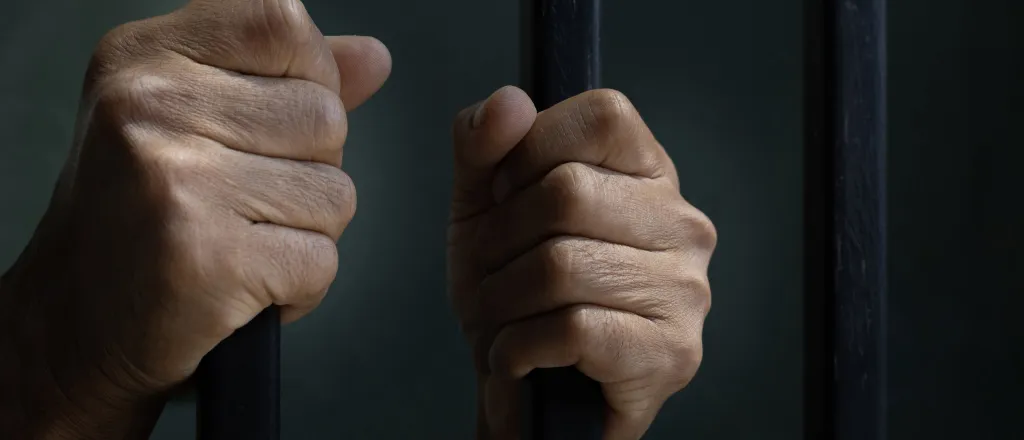
Wyoming has highest rate of juvenile incarceration, rejects federal funding to help
© Akarawut Lohacharoenvanich - iStock-1436012592
Click play to listen to this article.
Wyoming has the nation's highest rate of juvenile incarceration, and is one of only two states refusing federal funds to help.
In 2021, nearly 270 Wyoming juveniles were in placement facilities per every 100,000 youths, according to The Sentencing Project, nearly four times the national rate. Data show diversion programs such as therapy, tutoring, job-readiness programs and arts programming help keep youths out of the system.

© iStock - Ingo Dorenberg
Darya Larizadeh, director of California policy and capacity building at the National Center for Youth Law, said good diversion programs are community-based and in partnership with stakeholders such as law enforcement and probation officers.
"Good programs are narrowly tailored," Larizadeh stressed. "They're supporting youths where they are in terms of their strengths and needs. They're culturally relevant. And then meeting the needs of kids of all genders and different sexual orientations."
She acknowledged funding is a key piece, too. The Office of Juvenile Justice and Delinquency Prevention within the U.S. Department of Justice in 2023 gave out $47 million to support prevention and intervention programs. Wyoming and Texas were the only two states not participating this year.
One barrier in Wyoming is data. A state bill passed in 2022 charged the Department of Family Services with standardizing the collection of statewide juvenile justice information.
Damon DeBernardi, Sublette County deputy county attorney and member of the Wyoming State Advisory Council of Juvenile Justice, explained the challenges.
"Wyoming has 23 counties, but every county was doing things different regarding data collection, to even know what necessarily the problem was," DeBernardi observed. "Once that statewide data collection begins, it'll be interesting to see what comes from that."
Governor Mark Gordon in a speech last week requested nearly $500,000 in supplemental budget funding to "continue providing behavioral health services to prisoners nearing release."
















